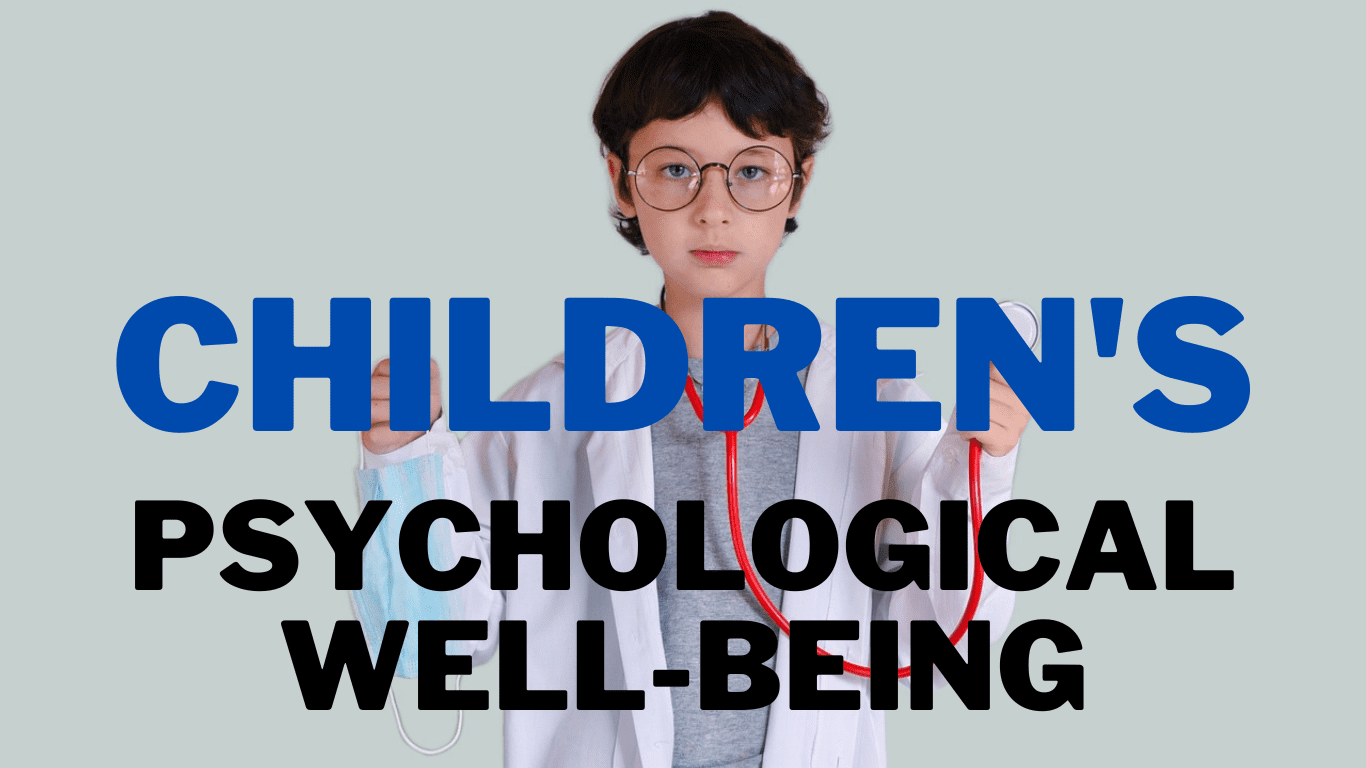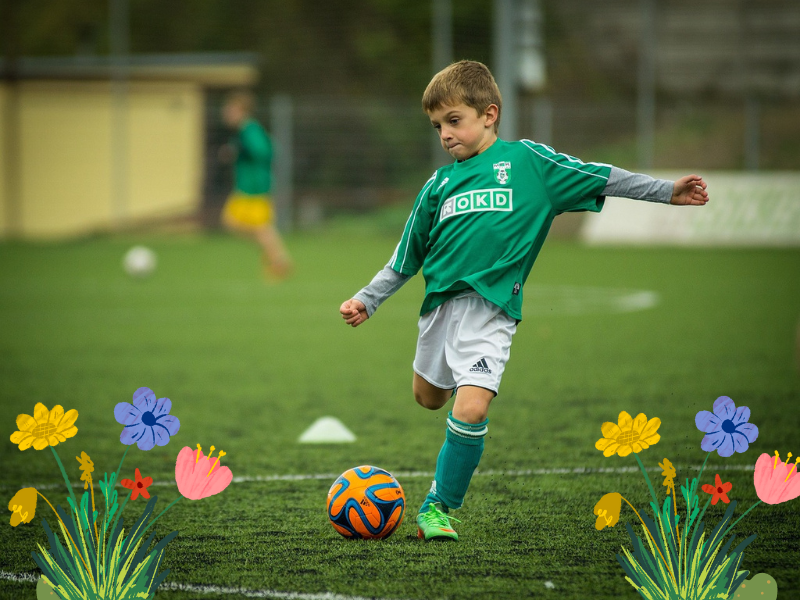Child Mental Health Issues: In recent times, there has been a notable surge in the cognizance encompassing psychological well-being. Nevertheless, when it pertains to discerning the markers of psychological well-being quandaries in juveniles, numerous parents and caretakers still encounter uncertainty regarding what to discern. The aim of this composition is to cast illumination on this subject, facilitating your comprehension of whether your offspring may be grappling with psychological well-being predicaments and the methodology to furnish requisite sustenance.
Parent Tips: School and Learning
Detecting the Telltale Signs(Mental Health Issues)
Juveniles, akin to grown-ups, can grapple with an extensive spectrum of psychological well-being quandaries. It is imperative to exercise vigilance and perceptiveness in order to discern prospective complications prematurely. Presented here are some conventional indicators that might allude to your child wrestling with their psychological well-being (Child Mental Health Issues)
Nutrition for Kids: Nurturing Healthy Habits from a Young Age
- Metamorphosis in Conduct Prominent: One of the most revealing indications of a potential psychological well-being quandary in a juvenile is a conspicuous alteration in their demeanor. This could encompass augmented irritability, seclusion from acquaintances and kin, or unforeseen mood oscillations.
- Academic Hurdles Prominent: An abrupt descent in scholastic achievement can hoist a cautionary banner. If your offspring had hitherto excelled in academics but is now grappling, it warrants an inquiry into the underlying causes, which could encompass psychological well-being tribulations.
- Disruption in Slumber Patterns Prominent: The patterns of slumber are frequently perturbed when a juvenile is grappling with psychological well-being issues. Be observant for insomnia, nocturnal terrors, or inordinate somnolence. Mental Health Issues
- Corporeal Manifestations Prominent: At times, psychological well-being predicaments can externalize as corporeal symptoms. Recurrent cephalalgias, abdominal discomfort, or inexplicable corporeal grievances may be indications of latent emotional turmoil.
- Alterations in Appetite Prominent: A substantial alteration in appetite, be it overindulgence or subpar intake, can be indicative of emotional struggles in juveniles.
- Social Estrangement Prominent: If your offspring embarks on self-imposed solitude from their social circles, it might be suggestive of sentiments of solitude or despondency.
- Articulating Pessimistic Ideations Prominent: Pay heed to any utterances your offspring utters regarding feeling devoid of hope, devoid of worth, or entertaining notions of self-harm or suicide. These are earnest forewarnings demanding instantaneous attention.
Pursuing Professional Aid(Child Mental Health Issues)
While recognizing these manifestations is pivotal, it is equally imperative to adopt appropriate measures when you harbor suspicions that your juvenile might be grappling with a psychological well-being quandary. Presented below are the courses of action you can undertake:
NURTURING MENTAL WELLNESS IN CHILDREN: STRATEGIES FOR KIDS EMOTIONAL HEALTH
- Candid Communication Prominent: The foremost step is to engage in candid dialogues with your offspring. Foster a secure milieu for them to articulate their sentiments and apprehensions devoid of castigation.
- Consultation with a Pediatrician Prominent: In the event you discern persistent indicators of psychological well-being quandaries, consult your offspring’s pediatrician. They can rule out underlying medical conditions and make referrals to psychological well-being professionals if warranted.
- Solicit Specialized Counseling Prominent: Specialized counseling can be exceedingly advantageous for juveniles grappling with psychological well-being tribulations. A qualified therapist can facilitate your offspring in acquiring mechanisms for coping and tackling their emotional quandaries.
- Engage the Educational Institution Prominent: If scholastic tribulations raise concerns, it is imperative to engage with your offspring’s educational institution. Educators and guidance counselors can collaborate to dispense supplementary sustenance.
- Extend Support Prominent: As a parent or caretaker, your sustenance is invaluable. Exhibit patience, empathy, and unwavering presence for your offspring as they traverse their expedition through psychological well-being tribulations.
Eradicating Prejudices (Child Mental Health Issues)
Comprehending and addressing psychological well-being quandaries in juveniles constitutes a fundamental stride in dismantling the prejudices neighboring psychological well-being. It is of the essence to bear in mind that seeking assistance is an indication of resilience, not frailty.
In summation, the capacity to spot the markers of psychological well-being quandaries in juveniles and embark on proactive steps to confront them is of paramount significance. By maintaining attentiveness, nurturing open communication, and procuring professional succor when requisite, you can equip your offspring with the sustenance they necessitate to navigate their psychological well-being trials efficaciously.
FAQs (Child Mental Health Issues)
- “What are the signs of children’s mental health issues?” Answer: Signs of children’s mental health issues can include changes in behavior, academic struggles, sleep disturbances, physical symptoms, changes in appetite, social isolation, and expressing negative thoughts.
- “How can I support a child with mental health challenges?” Answer: You can support a child with mental health challenges by maintaining open communication, consulting a pediatrician, seeking professional counseling, involving the school, and being consistently supportive and understanding.
- “Why is it important to address children’s mental health?” Answer: Addressing children’s mental health is crucial because it helps in early detection and treatment of issues, breaks down stigmas, and ensures that children get the support they need for emotional well-being.
- “What should I do if my child expresses negative thoughts?” Answer: If your child expresses negative thoughts, take them seriously and seek immediate professional help. It’s essential to ensure their safety and well-being.
- “How can I create a safe space for my child to talk about their feelings?” Answer: To create a safe space for your child, listen without judgment, be empathetic, and encourage them to express their feelings openly. Show that you are there to support and understand them.





